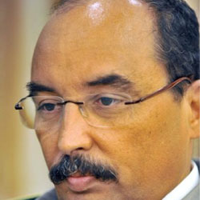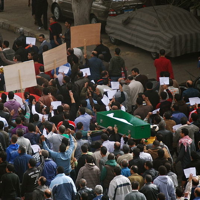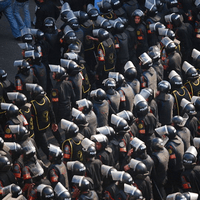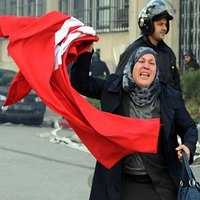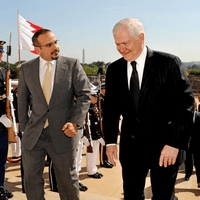
As waves of unrest continue to roil the Middle East, there is a great deal of uncertainty as to what the future might bring. Will a successor to former President Hosni Mubarak in Egypt maintain the peace treaty with Israel, cooperate in isolating Hamas in the Gaza strip and maintain the intelligence relationship with the United States? And should a revolutionary regime overthrow the Khalifas in Bahrain, will it reject the U.S. Navy’s Fifth Fleet from the island? Most prognostications on the region’s future assume that revolutions that depose status quo governments automatically reverse the policies of their predecessors. One […]

